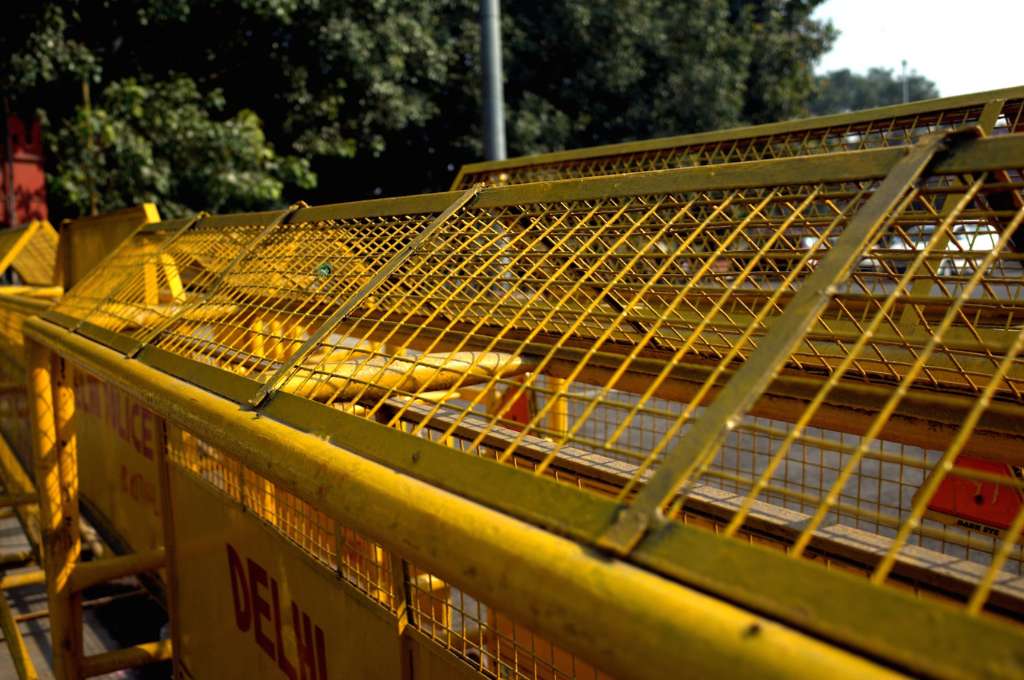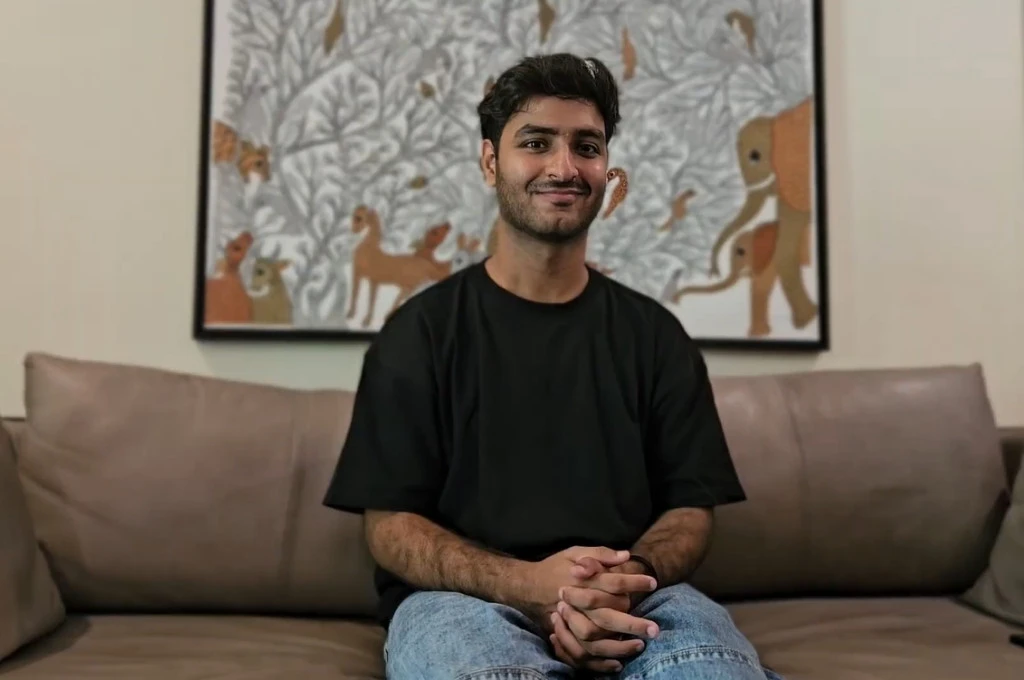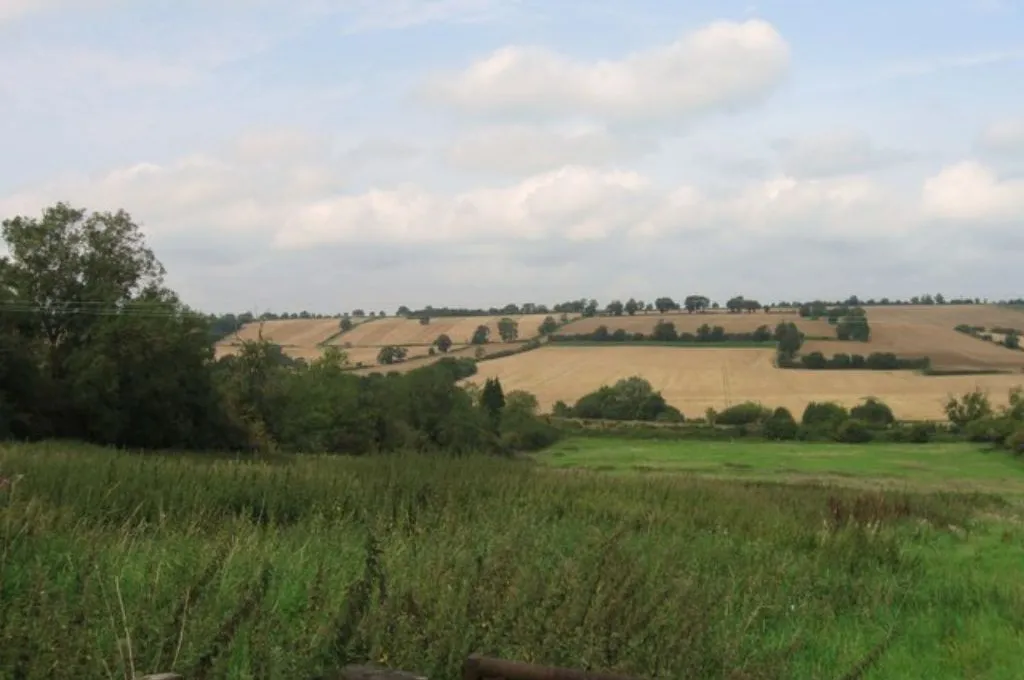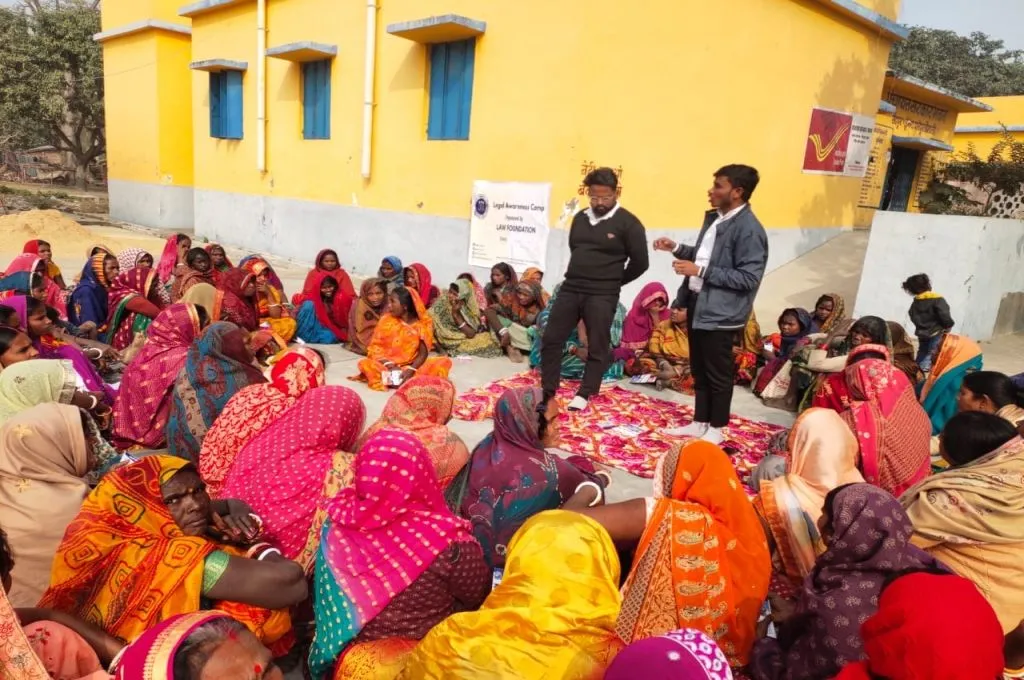In 1871, the British colonial government introduced the Criminal Tribes Act in India, a move that labelled several hundred nomadic tribes as ‘criminals by birth’. While the act was repealed by the Indian government in 1952, these criminalised tribes—who came to be known as denotified tribes (DNTs) or Vimukta communities—remain oppressed and marginalised to this day.
Take, for example, the Pardhis, a Vimukta community in Bhopal. When there is a wedding in a Pardhi family, they have to get permission from the local police station to organise the function. This involves submitting an application along with the guest list for the wedding. If they don’t follow these steps, it is assumed that the Pardhi community members who have congregated for the event are conspiring to commit a crime; they will then be picked up by the police.
The systemic oppression of Vimukta communities by the criminal justice system is poorly understood and rarely questioned.
A caste-less understanding of criminalisation
Vimukta communities comprise various nomadic and semi-nomadic tribes with diverse cultures and traditions, bound together by a shared history of persecution. Their lives and livelihoods have been criminalised for generations based on an abstract, and inherently caste-less, understanding of systemic violence and oppression. Their criminality was viewed as hereditary—a concept directly borrowed from India’s caste system where occupation is assigned by birth. And so, while they were criminalised by a colonial government, this move was rooted in and shaped by the institution of caste. It is casteism that was used to maintain the status quo and social order.
When the Indian government repealed the Criminal Tribes Act, it was swiftly replaced by the habitual offenders regime in many states. This, along with many other laws, have been formulated that continue to criminalise the lives and livelihoods of Vimukta communities.
Forest-dwelling and Adivasi communities are being prosecuted under wildlife protection laws.
For instance, communities whose cultural practices involve consumption of alcohol are routinely and disproportionately criminalised through excise laws that are meant to regulate the import, export, sale, and possession of alcohol. We also find forest-dwelling and Adivasi communities being prosecuted under wildlife protection laws for collecting forest produce such as dry wood or mushrooms—activities that are well within their rights under the Forest Rights Act, 2006.
The rationality for the disproportionate criminalisation of these communities is derived from the institution of caste, and the institution of the police plays a pivotal role in sustaining this casteist colonial legacy. Policing is centred around discretion, which refers to the freedom that police officers enjoy in deciding who is considered suspicious or who poses a threat to public safety. The habitual offenders regime gives the police the right to act on the basis of their own judgement. It is left entirely up to them to construct and define who a habitual offender is.
However, the underlying assumptions based on which the police make these assessments have never been questioned.

Incarceration as a way of life
The prevailing discourse on criminalisation tends to be confined to a discussion on incarceration. This leads to a faulty understanding that the only pitfall of an individual being criminalised is their incarceration—a perspective that is a far cry from the lived realities of Vimukta communities.
For them, imprisonment has been enforced as a way of life that extends well beyond the physical space of prisons. Like the Pardhis, other Vimukta community members also live under extreme surveillance. Many fear visiting local markets or choose to stay indoors after a certain hour, because they know they are being watched and worry that the police will pick them up from the streets. They self-censor and discipline themselves because they are aware that their actions will be scrutinised. A criminalised existence also means that children from these communities drop out of school due to stigma.
Imprisonment is a way of life that affects every aspect of the lives of these communities.
Knowledge production to corroborate lived reality
I first started interacting closely with the criminal justice system as a lawyer, representing people belonging to denotified tribes. I realised very quickly that responding to individual instances of persecution is useful but inadequate, because people were being prosecuted due to their community identity.
As part of our work, we routinely encounter instances where two people playing cards by the roadside were arrested for public gambling, or an individual found with a knife was arrested under the Arms Act, 1959 because they didn’t have a license. These are petty offences, yet they form the bulk of everyday policing. And the habitual offenders regime—which isn’t subjected to judicial oversight—gives the police tremendous power. People who were criminalised under this regime have lived this reality for a very long time, however there was no empirical evidence to corroborate the systemic discrimination to which they are subjected.
I co-founded the CPA Project, a criminal justice research and litigation intervention, in 2020. We aim to end the disproportionate targeting of marginalised communities by the criminal justice system. One of the ways in which we do this is by systematically studying FIRs and arrest records to surface and challenge the casteist manner in which the police wield their power.
Through research studies that we conducted in the state of Madhya Pradesh, we found that:
- Excise-related arrests formed more than one-sixth of all arrests in 20 districts between 2018 and 2020. Over half of those arrested belonged to oppressed castes. We studied 540 randomly selected FIRs from three districts in Madhya Pradesh and learned that more than 18 percent of the cases do not provide any details of the clause/s under which the individuals were implicated, leaving them to contend with the vagaries of police discretion. We also found that in most cases, excise policing was concerned with small quantities of alcohol—the accused were apprehended for alcohol in volumes less than five litres and below INR 1,000 in value. Our analysis also revealed a pattern of persecuting women from Vimukta communities.
- Wild Life (Protection) Act, 1972 between 2011 and 2020 belonged to oppressed castes. Within offences recorded by the forest department of Madhya Pradesh, close to 78 percent of those accused belonged to oppressed castes. Our research revealed that the forest department criminalises forest dwellers for fishing or collecting forest produce. Animals such as wild boars often wander into human settlements, causing harm to human life, livestock, and agriculture. Forest dwellers are inadequately compensated for their losses and any act of self-defence is criminalised.
The data that we have generated uncovers patterns of everyday policing that tell us who is being criminalised and for what offences. This data challenges the popular perception that the police control crime by going after those who commit heinous violations, such as perpetrators of sexual violence. Our research reveals that everyday policing disproportionately targets petty offences, thus criminalising different aspects of the lives of oppressed caste communities. This significantly contributes to their 360 degree persecution.
The data and evidence generated enables the legal community to undertake strategic litigation under various laws.
We use our research to push back against the excessive criminalisation of the oppressed castes. The data and evidence generated enables the legal community to undertake strategic litigation under various laws. This includes advocating for the recognition of certain rights that are acknowledged by the law, such as forest rights that are criminalised by the Wild Life (Protection) Act, 1972. Additionally, it involves advocating for the decriminalisation of certain petty offences. We also work with collectives of Adivasi communities to help them access and leverage this data to question the violation of their forest rights.
Centring the voices of oppressed communities
A false binary prevails in the realm of knowledge production, wherein certain communities are always the research subjects while certain others analyse their lives and tell their stories.
The CPA Project has been conceptualised as an endeavour that is created and run by people belonging to various oppressed caste communities. They are involved in developing and framing the research as well as in deciding how these research findings should be used. We work with those that have been criminalised and with activists and lawyers from the community to determine how they want to make meaning of the data that is generated.
The knowledge that is produced corroborates and validates what oppressed communities already know. But it also becomes a medium through which we centre their voices and a weapon to fight intergenerational criminalisation. The act of generating and documenting data and evidence that challenges the casteist status quo is an act of reclaiming and telling one’s own stories.
—






